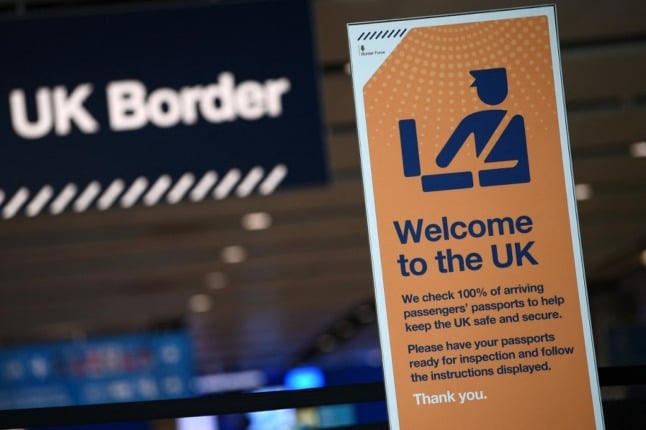That is the final deadline for registering to take part in one of the most historic decisions that the British people will make for a generation on June 23rd.
The deadline for registering for a postal vote has now passed, but you can still appoint someone you trust in the UK to vote for you.
The process is easy and takes just five minutes. Go to www.gov.uk/register-to-vote or search for ‘UK register to vote’ on www.gov.uk.
You need only your National Insurance number and passport. If you did vote in the general election last year, don’t assume you are still on the electoral roll: just as in the UK, you must renew your registration every year.
Meanwhile, if you were last on the electoral roll in Northern Ireland then the deadline to arrange a proxy vote is 5pm on June 3rd.



 Please whitelist us to continue reading.
Please whitelist us to continue reading.
Member comments